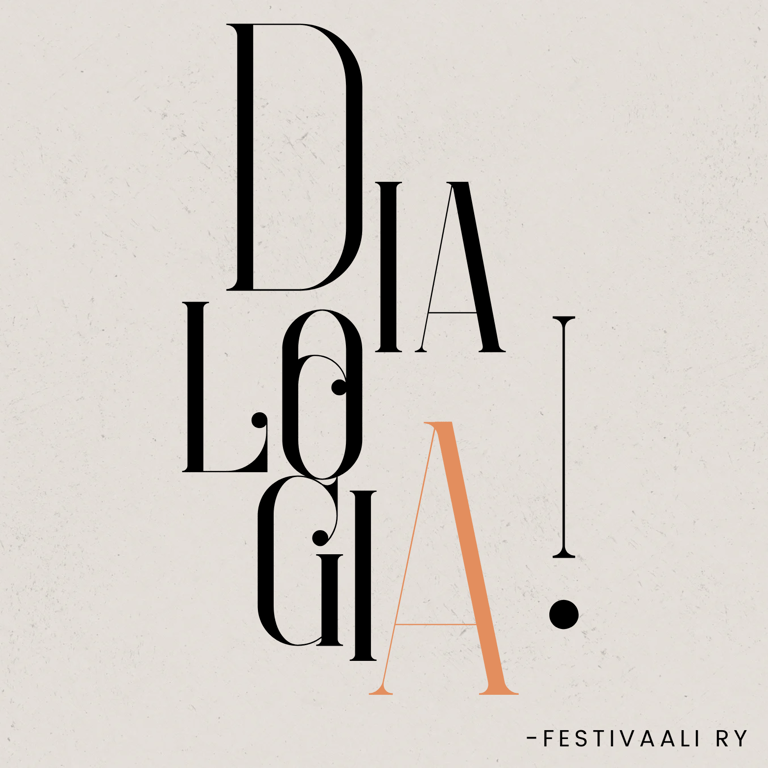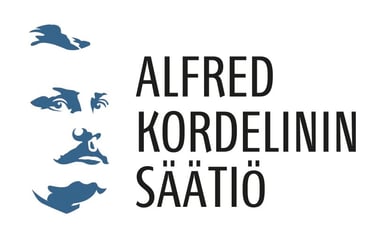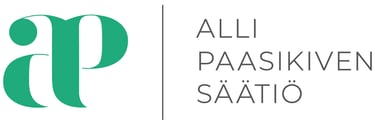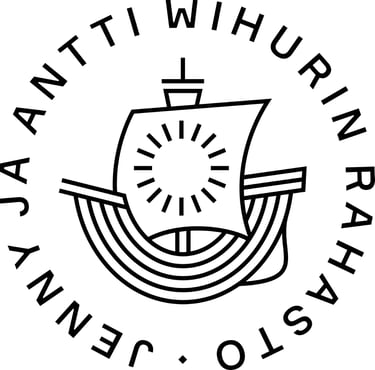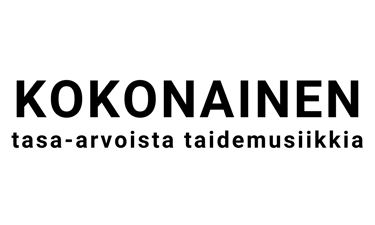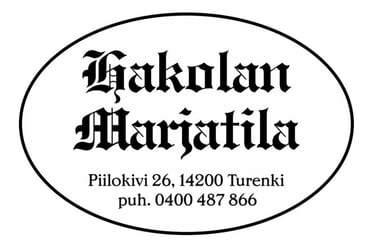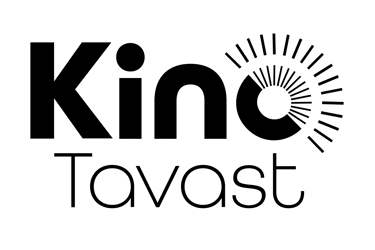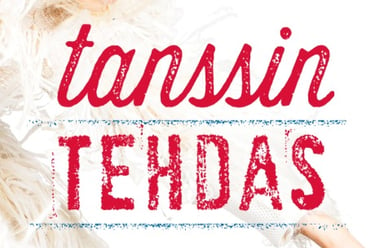
RESPONSIBLITY
EQUALITY AND EQUITY
Dialogia! Festival Association relies on the DEIB values, which are diversity, equality, inclusion, and belonging. This creates a foundation for trust and inclusion. Everyone is allowed to come as themselves, safely. The association requires its partners to be aware of these values and to adhere to them when we work together. Artist selections and event content are curated and implemented with equality of choice and cultural diversity in mind. At events organized by Dialogia! Festival Association, all employees are aware of the rules of conduct based on the DEIB model, and are jointly responsible for intervening in all inappropriate activities that are contrary to the DEIB values, and for reporting this to the event organizer. This is made possible by adequately familiarizing all employees and volunteers with the operating model, which prevents actions that go against the values of Dialogia! Festival Association.
How does the community promote accessibility and inclusion?
The main goal of the Dialogia! Festival is to promote cultural well-being and the accessibility and inclusion of art. The association actively strives to offer diverse and low-threshold art and cultural experiences that reach participants of different ages and backgrounds.
Culture in different environments and for different target audiences
In addition to traditional cultural centers, the Dialogia! Festival brings performances and art workshops to environments where art experiences are not regularly available. This enables art and culture to be experienced also by those who might not otherwise participate in cultural events.
Performances that are multi-channel and consider different language groups
The festival program utilizes various forms of expression, such as dance, performing arts, photography, music and word art, which are also understandable to non-Finnish-speaking participants. The Dialogia! Festival encourages dialogue between cultures and enables the enjoyment of culture for different language groups and especially multicultural families. In this way, we strive to strengthen the ecosystem of cultural diversity.
Communication
The core of all communication is openness, transparency and accessibility. Announcements about events are planned well in advance and are ready 1.5 months before the event/performance. The communication includes a clear description of the event; who the event is aimed at, the location and time of the event, the accessibility of the space, possible ticket information (if ticket sales, where to buy a ticket and what the entrance fee is), the website, where to get more information about the event and the event organizer, who to contact in case of special needs.
Interactive learning
The Dialogia! festival supports creative learning methods, such as bodily expression and dance, which can also reach children and young people for whom traditional learning methods may not come naturally. This strengthens the children's and young people's experience of participation and gives them the opportunity to express themselves authentically and freely, in a safe environment.
Collaboration with local actors
Dialogia! Festival actively collaborates with local schools, youth organizations and other community actors to ensure that information about the association reaches a wide range of communities. This ensures that as many residents as possible in the area are informed about the events and can participate in Dialogia! Festival activities.
Audience participation
Free workshops and artist discussions are organized in connection with the events, depending on the nature of the event and the target group. The audience is encouraged to engage in dialogue with the artists in various ways, such as writing, drawing, discussing the work, making music or moving. Participation is always voluntary. This supports the inclusion of participants from different backgrounds and strengthens the festival's commitment to inclusivity.
PREVENTION OF INAPPROPRIATE BEHAVIOR AND HARASSMENT
The organization has an absolute zero tolerance for harassment, discrimination and other inappropriate behavior. These actions help create a safe and respectful working environment that promotes participation and well-being for everyone.
Inappropriate behavior
Any behavior that is inappropriate and has a negative impact on the atmosphere of the workplace or community. This may include shouting, belittling, constant criticism without justification, discrimination, racism or personal belittling. Behavior is inappropriate if it is clearly inappropriate and creates a negative atmosphere.
Harassment
Harassment is defined by law and includes, for example, sexual harassment, bullying or other inappropriate behavior that violates the dignity of another person and makes them feel threatened, humiliated or distressed. Sexual harassment can be physical, such as unwanted touching, or verbal, such as inappropriate comments or suggestions. Indirect behavior, such as disturbing gestures or sharing materials, can also be counted here. The legal principle of harassment is that it is assessed from the victim's perspective: what is decisive is the effect the act has on the victim, not just the intention of the perpetrator.
Reporting
If you experience or notice inappropriate behavior or harassment in the association's activities and events:
● Contact person: Taina-Maaria Rautasuo, secretary
dialogiafestivali@gmail.com, 040 0804924
The contact person is responsible for handling reports confidentially and acting based on the values of the Dialogia! Festival's equality and non-discrimination plan.
Measures and consequences
● Discussions with the contact person
● All cases of inappropriate behavior or harassment will lead to expulsion from the association or removal from the event/performance.
Prevention
● All members of the association will be introduced to the practices and procedures. The plan will be distributed to all members of the association and to the partners of the Dialogia! Festival Association, so that all members and event participants are familiar with the content of the plan and know how to act in potential harassment situations.
● The plan is rewieved at the annual meeting and update it as necessary.
ENVIRONMENTAL RESPONSIBILITY
1. ENVIRONMENTALLY FRIENDLY IMPLEMENTATION OF EVENTS
● Clear recycling and waste management plans for events. The public is always offered the opportunity to recycle their waste appropriately and is clearly informed about the matter.
2. PURCHASES AND MATERIALS
● Choosing environmentally friendly materials in our purchases, such as recycled paper and ecological products, and we recommend the same principles for our partners.
● Borrowable and reusable materials: We aim to avoid disposable materials in events, productions and performances, and instead use borrowable or reusable materials that can be recycled after use.
● Advertising: We prefer digital channels such as social media for advertising, and if necessary, we use the Canva service. We assess the need for each event, so that as little recyclable waste is generated as possible.
● We prefer local and sustainable service providers in our procurement.
3. ECOLOGICAL TRANSPORTATION
● Ecological transportation: Event performers and partners are encouraged to prefer public transportation, cycling or walking, and we offer shared transportation where possible.
4. MONITORING AND DEVELOPMENT
● After the events, we collect feedback on the implementation of environmental responsibility and use the feedback to develop operating models.
● Annual environmental reports: mapping of operations and updating the plan.
Responsibility plan updated: 5.11.2024
